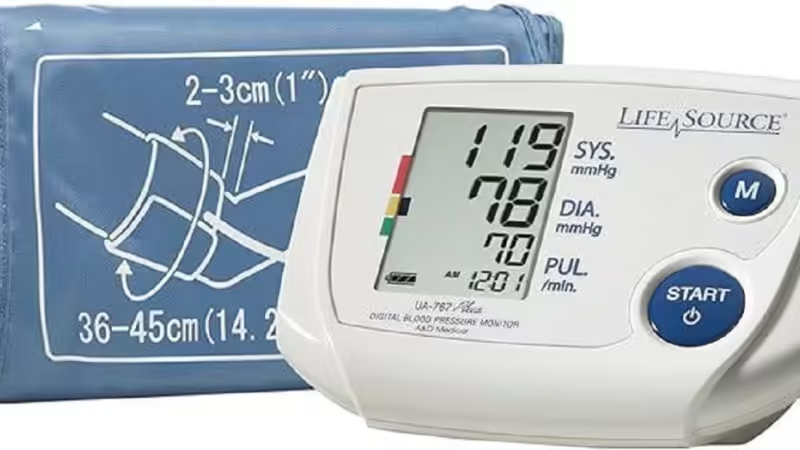How an Understanding of Biomedical Equipment (as Gained from a BESS Curriculum) Benefits Future Medical Professionals

The landscape of modern medicine is undeniably driven by technology. From the most basic diagnostic tools to the complex machinery of operating rooms and intensive care units, healthcare professionals constantly interact with sophisticated biomedical equipment.
While a medical student’s primary focus is on diagnosing and treating human conditions, a foundational understanding of the very instruments. They will rely upon can profoundly enhance their clinical capabilities and career trajectory.
While not a direct prerequisite, the knowledge and insights gained from an Associate of Applied Science (AAS) Degree in Biomedical Equipment Support Specialist (BESS) can provide medical students with a unique, practical edge, fostering a more effective, safer, and technologically aware medical practice.
Operational Insight into Medical Devices
An AAS BESS program immerses students in the practical functioning, maintenance, and repair of a vast array of medical devices.
This in-depth exposure provides future doctors with invaluable operational insight. They will understand not just what a machine does, but how it does it, its typical failure points, and its operational limits.
This knowledge, gained from a biomedical equipment support specialist curriculum, allows them to utilize equipment more effectively during patient care, anticipate potential issues, and better appreciate the nuances of device performance, leading to more precise and confident use in clinical settings.
Enhanced Diagnostic Interpretation
Modern diagnostics rely heavily on advanced imaging and laboratory equipment. A medical student who grasps the technical principles behind an MRI, CT scanner, ultrasound, or blood analyzer knowledge central to a BESS curriculum. Can interpret diagnostic results with greater discernment.
They can identify potential artifacts. Understand the optimal conditions for specific tests, and recognize when an equipment malfunction might be influencing data.
This deeper understanding moves beyond simply reading a report to critically evaluating the information source, leading to more accurate diagnoses and treatment plans.
Promoting Patient Safety and Equipment Reliability
Patient safety is paramount, and equipment reliability is a cornerstone of safe care. A significant portion of an AAS BESS education is dedicated to understanding safety standards, calibration procedures, and preventative maintenance protocols for medical devices.
They will appreciate the importance of proper setup, routine checks, and appropriate device handling. Fostering a proactive mindset towards patient safety and minimizing risks associated with faulty or poorly maintained technology.
Effective Interdisciplinary Communication
Healthcare operates as a highly collaborative environment, with physicians working closely with nurses, technicians, and specialized support staff, including Biomedical Equipment Technicians (BMETs) – often graduates of BESS programs.
Medical students with an understanding of biomedical equipment can communicate more effectively with these technical teams.
They can articulate equipment issues more clearly, understand the feasibility of certain technical solutions, and collaborate more efficiently on equipment management.
This enhanced interdisciplinary communication streamlines problem-solving and optimizes the use of critical medical resources.
Informed Technology Adoption and Innovation
The medical field is in a constant state of technological evolution, with new devices and digital solutions emerging regularly.
Future physicians will be at the forefront of adopting and integrating these innovations. The foundational knowledge gained from a BESS degree provides a critical lens for evaluating new technologies.
Medical students can assess not just the clinical benefits. But also the practical implications, maintenance requirements, and overall feasibility of new equipment. Allowing them to make more informed decisions about which advancements genuinely improve patient care and operational efficiency.
![]()






